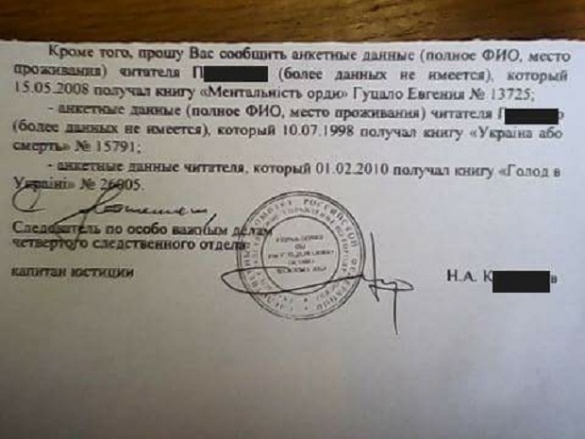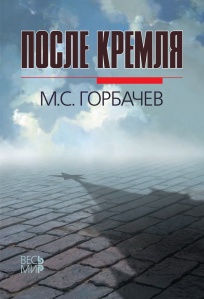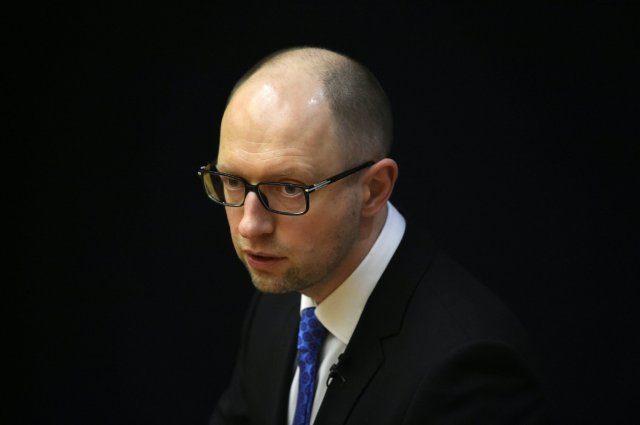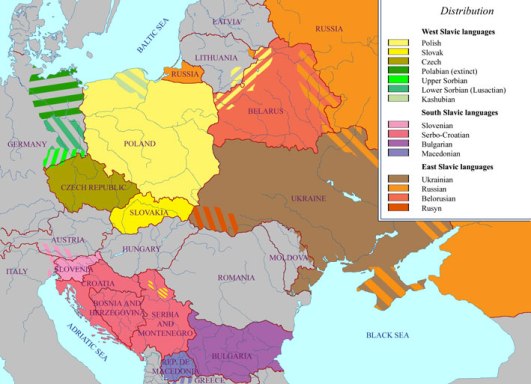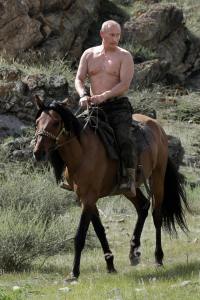The Czech Republic is currently undergoing a name change. In a way, at least.
As France is officially known as The French Republic, or Slovakia is officially known as The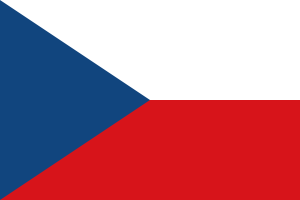 Slovak Republic, so the Czech Republic wants to officially shorten its name to Czechia.
Slovak Republic, so the Czech Republic wants to officially shorten its name to Czechia.
The name has the support of many politicians in the country, but still needs to be approved and registered to the United Nation. It is primarily for unofficial documents, and would be practically easier to brand (such as putting on sports jerseys) than “The Czech Republic.”
“Czechia,” according to The Washington Post, comes from Latin, and was first recorded in English in 1841. Certainly it is not a brand new word, and has gained a lot of support in the past years. However, some Czech politicians do not agree with the decision: some for the connotations of excluding other regions in the country, others say it just sounds ugly.
Either way, whether the name becomes official and whether it gains global support, this news signifies a trend for the Eastern European country to become more accessible to the world.


